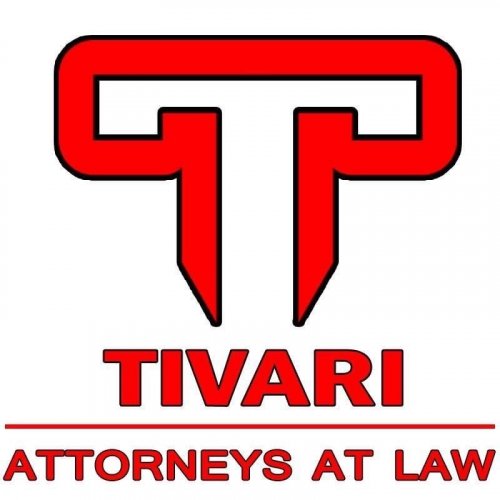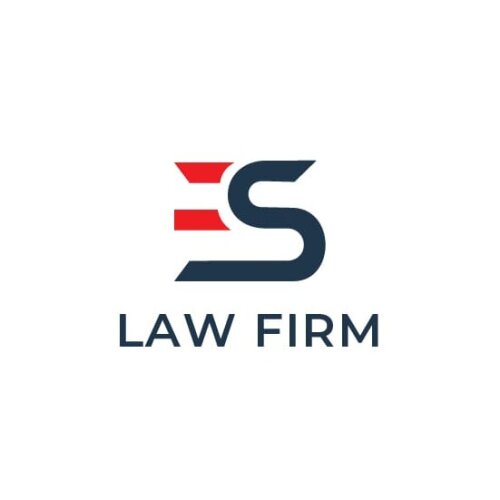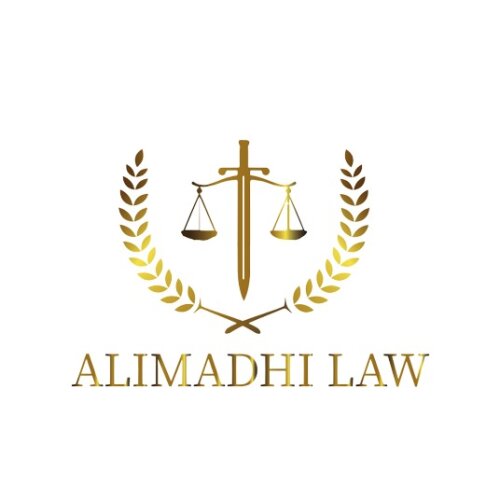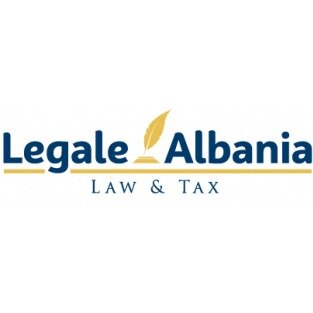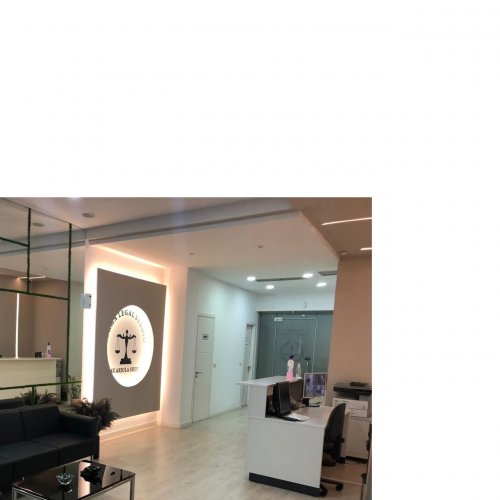Best Disability Lawyers in Albania
Share your needs with us, get contacted by law firms.
Free. Takes 2 min.
Or refine your search by selecting a city:
List of the best lawyers in Albania
About Disability Law in Albania
Disability law in Albania is designed to ensure that persons with disabilities have equal access to resources and opportunities. The legal framework aims to protect their rights in various aspects of life such as employment, education, healthcare, and social services. Recent efforts in Albania have been focusing on aligning with international standards, especially in accordance with the United Nations Convention on the Rights of Persons with Disabilities (CRPD), to which Albania is a signatory. Despite the progress made, challenges such as discrimination and accessibility remain prevalent issues that require ongoing advocacy and legal interventions.
Why You May Need a Lawyer
Legal assistance is often necessary in various situations related to disability rights. This might include cases of discrimination in the workplace or educational settings, ensuring entitlement to social benefits, navigating complex healthcare systems, or dealing with the accessibility of public and private services. Additionally, individuals might seek legal advice when drafting legal documents, such as guardianship or power of attorney, or when advocating for policy changes that support disability rights and inclusion.
Local Laws Overview
In Albania, several laws and regulations provide the framework for protecting and promoting the rights of persons with disabilities. Key legislation includes the Law on Social Assistance and Services, which outlines the entitlement to social benefits and services; the Law on Mental Health, which addresses mental health care and protection; and the Law on Protection from Discrimination, which explicitly mentions disability as a protected characteristic. Efforts have been made to enhance access to education through inclusive education policies and to improve employment opportunities through vocational training programs.
Frequently Asked Questions
What legal protections are available for people with disabilities in Albania?
Albanian law prohibits discrimination against individuals with disabilities in various domains including employment, education, and access to public services. These legal protections are enshrined in specific anti-discrimination laws as well as broader civil rights regulations.
How does the government support people with disabilities?
The Albanian government provides social assistance and healthcare services to individuals with disabilities. Eligible individuals may receive financial aid and access to specific programs designed to facilitate social inclusion and improve quality of life.
Are there employment opportunities for persons with disabilities?
Yes, the Albanian legal system encourages the employment of people with disabilities through certain incentives for employers. Vocational training and support programs are also available to help integrate people with disabilities into the workforce.
Is the educational system inclusive for students with disabilities?
Albania has made strides towards inclusive education, implementing policies to support students with disabilities. Schools are obliged to provide necessary accommodations, although challenges in resources and implementation persist.
What steps can I take if I face discrimination due to my disability?
If you believe you have faced discrimination, you can file a complaint with the Commissioner for Protection from Discrimination or seek legal counsel to explore further legal action. Documentation of the incident and any supporting evidence will be crucial in this process.
What are my rights regarding accessibility in public spaces?
Laws in Albania require that public spaces are accessible to persons with disabilities, including infrastructure such as transportation, buildings, and communication facilities. Non-compliance can be reported to relevant authorities.
Can people with disabilities participate in decision-making processes?
Yes, Albanian law promotes the involvement of persons with disabilities in decision-making processes, particularly those that affect their lives. Organizations representing people with disabilities often work with policymakers to ensure representation.
Are there specific healthcare services for people with disabilities?
The Albanian healthcare system offers various services for individuals with disabilities, including rehabilitation programs and support for mental health. However, access and quality of care can vary across regions.
How does the law support persons with mental disabilities?
The Law on Mental Health provides safeguards for individuals with mental disabilities, focusing on their rights to care and protection, as well as the need for informed consent in treatments.
Where can individuals with disabilities get legal assistance?
Individuals can seek legal advice from non-profit organizations specializing in disability rights, legal aid clinics, or private law firms that handle disability-related cases. It's often helpful to consult resources such as advocacy groups for referrals.
Additional Resources
Here are some resources that can be helpful for individuals seeking legal advice on disability-related issues in Albania:
- National Council for Persons with Disabilities
- Commissioner for Protection from Discrimination
- Albanian Disability Rights Foundation
- Ministry of Health and Social Protection
- Legal Aid Services Directory
- Local advocacy groups for individuals with disabilities
Next Steps
If you require legal assistance regarding disability rights or related issues, start by gathering all relevant documents and information regarding your case. Research and reach out to local legal aid organizations or law firms that specialize in disability law in Albania. Consider contacting advocacy groups for referrals and guidance. Consult with a lawyer who has experience in disability-related legal issues to understand your rights and options for moving forward. Don’t hesitate to report instances of discrimination to the relevant authorities and seek support from peer networks and community resources.
Lawzana helps you find the best lawyers and law firms in Albania through a curated and pre-screened list of qualified legal professionals. Our platform offers rankings and detailed profiles of attorneys and law firms, allowing you to compare based on practice areas, including Disability, experience, and client feedback.
Each profile includes a description of the firm's areas of practice, client reviews, team members and partners, year of establishment, spoken languages, office locations, contact information, social media presence, and any published articles or resources. Most firms on our platform speak English and are experienced in both local and international legal matters.
Get a quote from top-rated law firms in Albania — quickly, securely, and without unnecessary hassle.
Disclaimer:
The information provided on this page is for general informational purposes only and does not constitute legal advice. While we strive to ensure the accuracy and relevance of the content, legal information may change over time, and interpretations of the law can vary. You should always consult with a qualified legal professional for advice specific to your situation.
We disclaim all liability for actions taken or not taken based on the content of this page. If you believe any information is incorrect or outdated, please contact us, and we will review and update it where appropriate.
Browse disability law firms by city in Albania
Refine your search by selecting a city.




